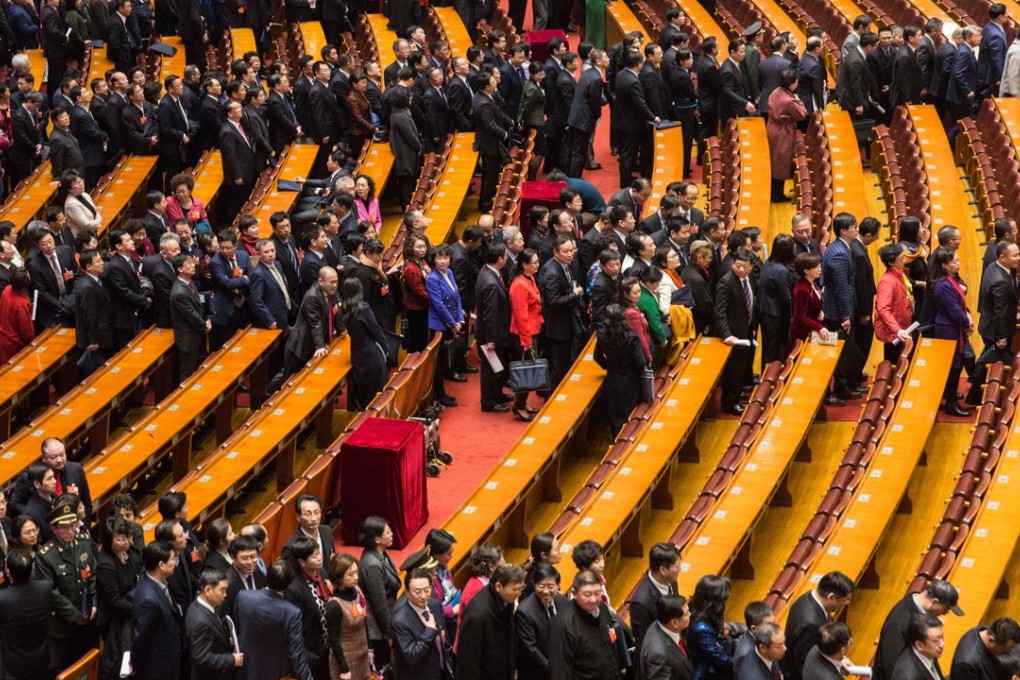China brings in ‘new mainstream’ to top advisory body
More than half of the delegates to the CPPCC are attending for the first time

China’s annual gathering of political and economic elites began in Beijing on Saturday and more than half of the faces were new amid a five-yearly reshuffle.
Gone were the descendants of Mao Zedong and Deng Xiaoping, the outspoken adviser who criticised a former premier, and the entertainers with connections to Communist Party factions.
More than half of the 2,158 delegates to the Chinese People’s Political Consultative Conference are attending the meeting at the Great Hall of the People for the first time.
They will be joined by some 3,000 national lawmakers in the coming weeks to discuss controversial and high-stakes state affairs, including the proposed constitutional change to remove the presidential term limit that will enable President Xi Jinping to stay on beyond 2023.
Beijing-based political analyst Zhang Lifan said some of the first-timers did not have a complicated background. “They are not attached to any political faction and will faithfully follow the main themes set by the party,” he said. “And they will be the new mainstream.”